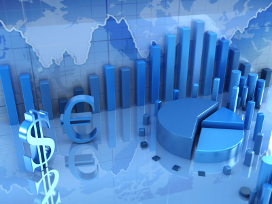
The Foreign Exchange Market is the world’s largest and most Liquid Financial Market. Since the end of the gold standard in 1971, exchange rates have been floating, allowing banks and big financial organizations to trade currencies.
Thanks to the expansion of the Internet and the emergence of new Online Brokerage Businesses, forex trading has become accessible to the general public since 1990. Individual traders, including you and me, can now speculate on currency movements via a Best Broker and Trading Platform. Small investors would like the lot sizes offered by these forex brokers. Due to leverage-related risks and a lack of experience, speculating on currency rates is not suitable for all traders.
Currency trading, unlike stock markets, is not centralized in a regulated marketplace. As a result, unlike traditional exchanges, there are no clearinghouses. Instead, forex participants trade with one another through an electronic interbank network in the over-the-counter (OTC) mode (Over-The-Counter).
Here are some articles about currency trading’s benefits and how it works.

Examine the trading conditions offered by various forex brokers. Spreads and commissions, different forms of trading orders, rules, and so on.
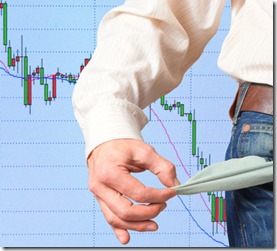
There are various distinct sorts of brokers. Each one has its own set of trading terms. Market makers operate as the counterparty to your trades, whereas ECN, STP, and MTF brokers provide direct access to the interbank market.

Is it true that an ECN/STP broker is more trustworthy than a Market Maker broker? This article will show why it is more necessary to choose a broker that is based and licensed in a country with stringent regulations, as well as a broker that guarantees your assets.

When comparing brokers, how do you measure their trustworthiness? Fast executions when opening and closing trades, as well as zero (or near-zero) slippage, are the answer.

An order may be requoted or not filled at the asking price, depending on the manner of execution (slippage).

Because a broker can choose to trade against his clients, forex trading is distinct from stock or futures investing. This mechanism is known as “B booking” and is utilized by “Dealing Desk” Market Maker brokers.
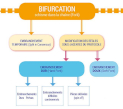
Some forex brokers utilize price shading, which involves adding a pip or two to the price quotes of a currency pair based on the trend.

The FX market is an over-the-counter (OTC) market. As a result, broker regulation authorities are required to protect traders and apply broker conduct regulations. Traders should verify to see if their broker is registered in their country.

It is possible to set up a scam and promote it as a genuine investment opportunity. If you fall for fraud, it’s crucial not to lose hope, regardless of where it came from.

Throughout history, the currency exchange market has altered dramatically. This market, also known as the forex (foreign exchange) market, was once only available to banks, but since the 1990s, it has been open to ordinary investors.
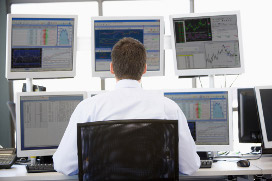
Banks, foreign enterprises, investment funds, hedge funds, and individual investors are all forex traders. The majority of forex traders speculate while some manage the currency risk associated with products and services exports and imports.
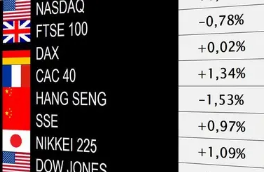
In comparison to other financial markets, the forex market has several advantages. It is available 24 hours a day, seven days a week, and allows traders to speculate with leverage and low transaction costs.

It is possible to trade the forex 24h/day, from Sunday evening to Friday evening. However, the volatility of the currency exchange market depends on the time of day. Trading volumes increase when the main financial marketplaces are open.

Every trader must be able to communicate in financial terms. The following is a dictionary of key technical words related to derivatives trading (forex and contracts for difference) and the financial industry in general.

Traders borrow money from forex brokers to boost their investments in the foreign exchange market. As a result, leverage simply entails borrowing money from a broker to boost one’s return on investment. However, a trader’s chance of losing more money increases as a result of this.
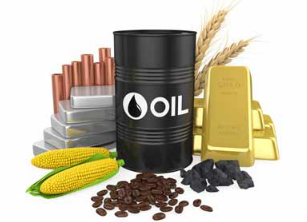
Transactions that are done with cash (spot forex) with foreign exchange brokers are subject to positive or negative interest charges (currency swaps) if the positions are held at the time of the rollover at 22:00 (London time).
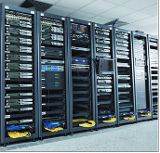
If trading is purchasing an asset and then selling it when it is worth more, what should one do if the markets are trending downward?
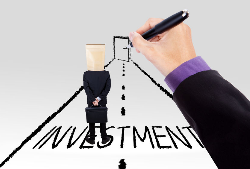
If you’re new to forex trading, you should start by using a forex trading platform and a free demo account to test your tactics. Learn the fundamentals (how to place an order, etc.) here.

Forex transaction volumes are mainly concentrated in five currencies: the dollar (USD), the euro (EUR), the yen (JPY), the British pound (GBP), and the Swiss franc (CHF).
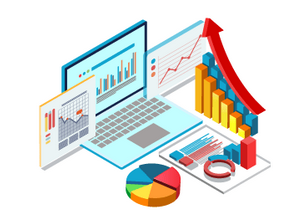
Exotic currency pairs involve the dollar and a currency from a developing country, such as the Turkish lira (USD/TRY) or the Mexican peso (USD/MXN).

The popularity of the EUR/USD is attributed to several factors, including the high number of market participants and the constant availability of financial and economic data.
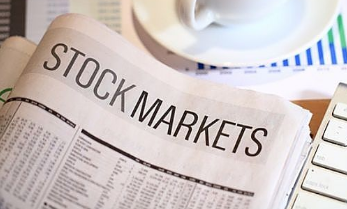
CFDs are OTC (over-the-counter) derivative products. Through a trading platform, CFD trading allows traders to invest in a wide range of financial instruments (currencies, stocks/shares, indices, precious metals, and commodities).
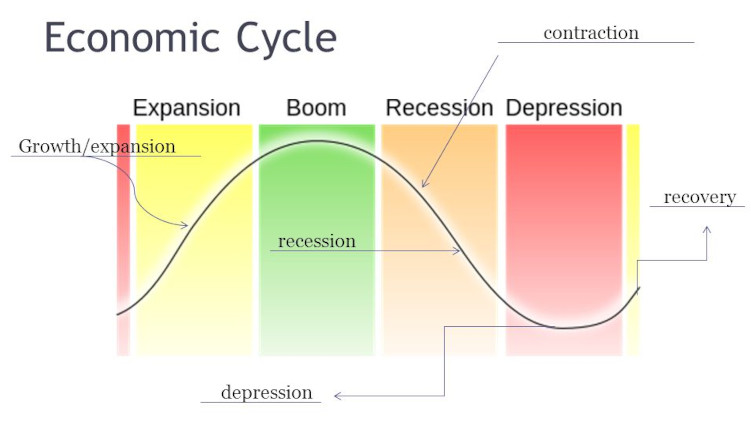
Traders can invest in stocks, indices, commodities, and currency pairs using Contracts For Difference.
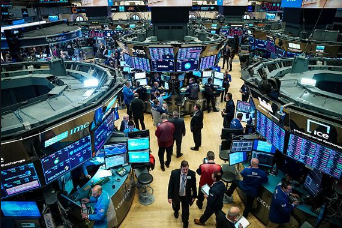
There are two types of execution methods for CFDs: DMA (Direct Market Access) CFDs and Market Maker CFDs.
